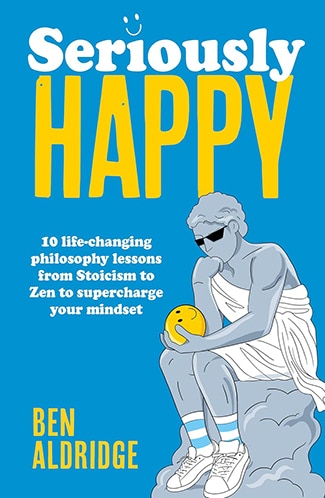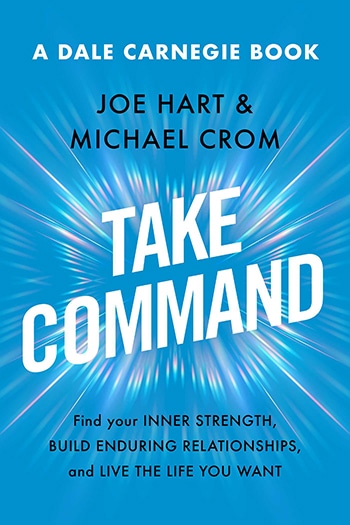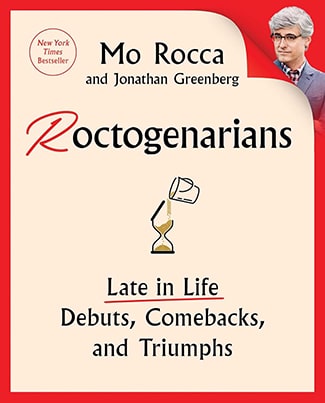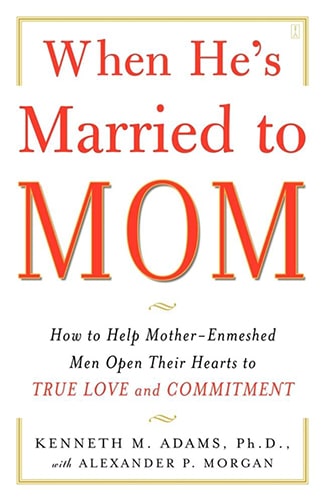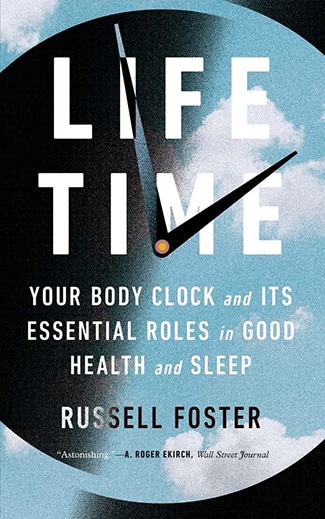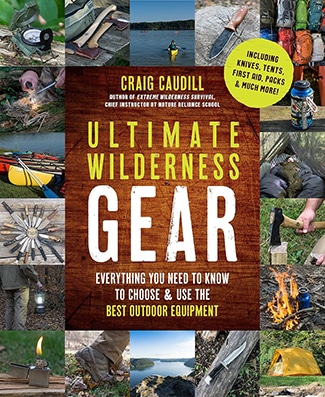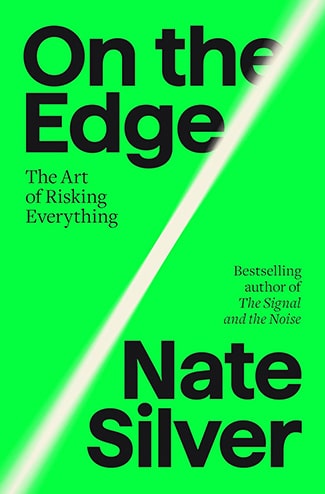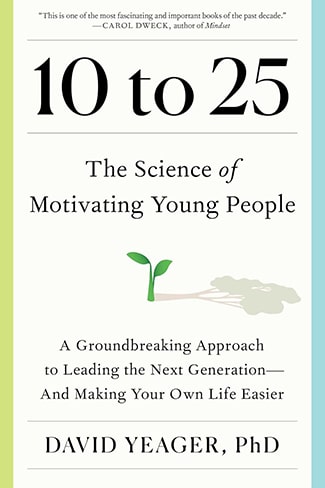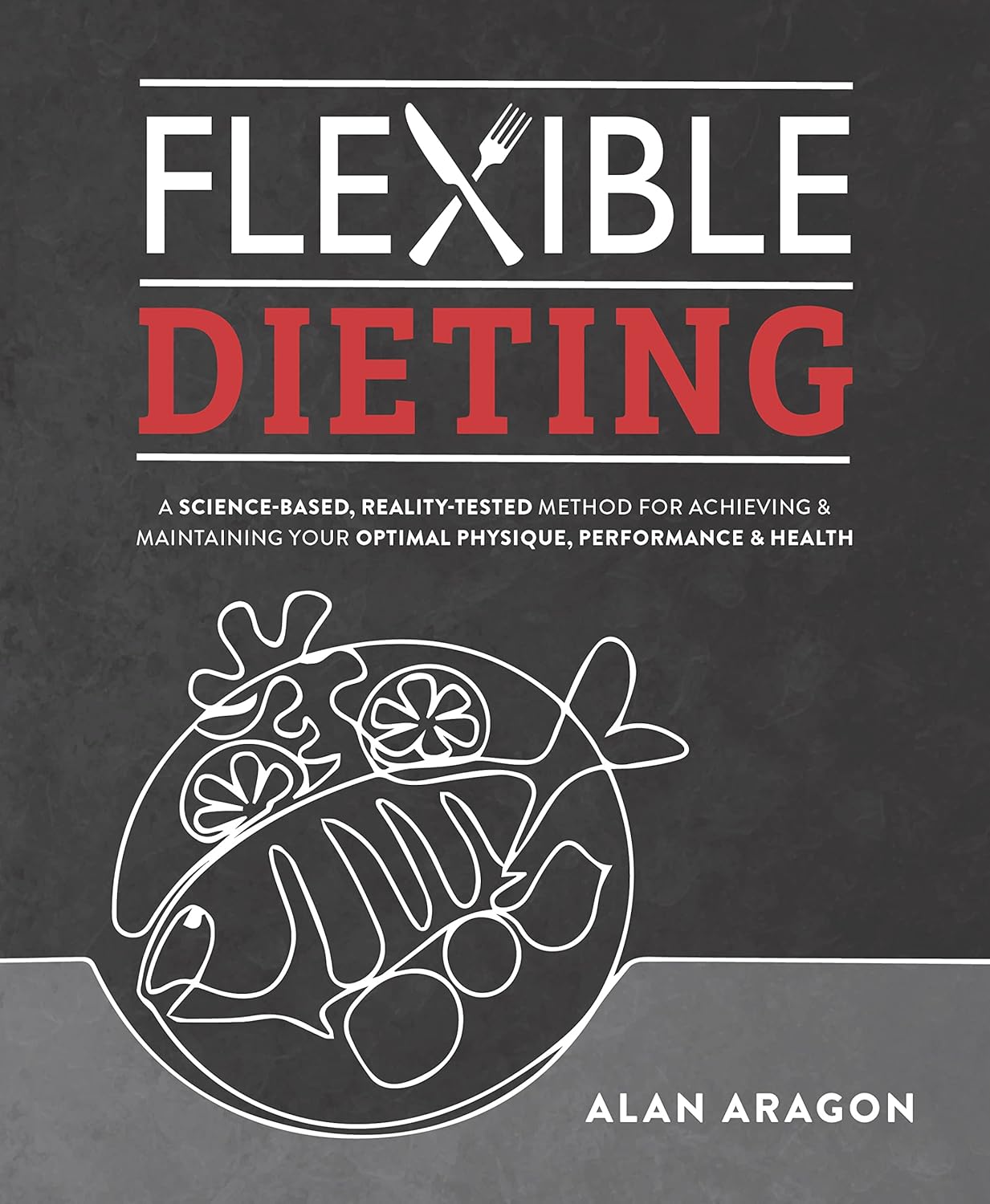Podcast Summary
Many accepted truths about success may not hold up to scrutiny: Research challenges common beliefs about high achievers, niceness, grit, and work-life balance. Being a glad-handing extrovert can lead to both success and failure.
Many of the maxims we've come to accept as truths about success may not hold up to scrutiny. Eric Barker, the author of the blog Barking Up the Wrong Tree, explores these ideas in depth and provides nuanced insights based on research. He discusses counterintuitive findings, such as why high achievers in high school are less likely to become millionaires or influential leaders. Barker also challenges common beliefs about niceness, grit, and the importance of knowing people. He offers insights on why being a glad-handing extrovert can lead to success and failure, and why the idea of work-life balance may be making people more miserable than ever. By reading Barker's work, we can gain a deeper understanding of what it takes to be successful and how to apply these insights to our own lives.
Evaluate advice critically before applying it: Assess the legitimacy, potential agendas, and compatibility with personal traits before implementing advice.
Not all advice found online, particularly on the topic of happiness, success, productivity, and relationships, is accurate or useful. Some information is incomplete or even plain wrong due to cognitive biases, agendas, and the ease of publishing on the web. It's essential to critically evaluate sources and consider individual differences, such as personality traits, before applying advice. A more effective approach is to focus on improving one's strengths and aligning oneself with environments that suit one's unique characteristics. When assessing advice, consider its legitimacy, potential agendas, and compatibility with one's personal traits. By doing so, one can filter out ineffective advice and focus on strategies that truly resonate and contribute to personal growth.
Valedictorian status doesn't guarantee future success: Valedictorians' academic success doesn't ensure future leadership roles. Skills, adaptability, and critical thinking matter more for long-term success.
Relying solely on academic success, such as being a valedictorian, does not guarantee future success or leadership positions. The research found that school rewards compliance, but life is messier and often requires breaking rules and challenging the status quo. Valedictorians tend to excel in structured environments and follow rules closely, but this does not necessarily translate to leading or revolutionizing systems. Instead, mastery of skills and the ability to adapt to new situations are more important for long-term success. Additionally, it's essential to critically evaluate research and consider its sources and context before accepting or rejecting its findings.
The real world rewards specialists over generalists: Excel in one area, develop deep expertise, and find the right balance between following rules and breaking them for personal growth and career success.
While school encourages students to be well-rounded generalists, the real world rewards specialists in their chosen fields. Students who excel in one area and develop deep expertise may be disadvantaged in the school system but will be more successful in their careers. It's essential to understand one's personality and align it with the right environment to thrive. School rewards compliance, but the world needs both rule-followers and rule-breakers. Knowing oneself and finding the right balance between following rules and breaking them is crucial for personal growth and success. The conflicting narratives of school and the internet can lead to cognitive dissonance, but it's essential to recognize that both approaches have their merits and that success comes from finding the right balance for one's unique personality.
Finding balance between rules and aggression: Assertiveness and kindness are essential for long-term success. Playing by the rules and building a good reputation can lead to happiness and success, while aggression and self-promotion may bring short-term gains but long-term negative consequences.
There's a complex relationship between following rules and being aggressive in life. While those who play by the rules may be seen as "sheep" in some circles, they are the ones who keep the world stable and generally live happy lives. On the other hand, being aggressive or taking life by the horns doesn't necessarily guarantee success in the long run. In fact, research shows that "nice guys" can finish at the top or the bottom, depending on their ability to establish a good reputation and maintain it over time. In the short term, bad behavior or self-promotion can pay off, but in the long term, it often leads to negative consequences. Therefore, it's essential for individuals to find a balance between being assertive and being kind, and to understand that building a good reputation is crucial for long-term success.
Ethical self-promotion and positive relationships: Be assertive ethically, build trust through relationships, and surround yourself with positivity for personal growth and success.
Being assertive about what you want and promoting yourself are valuable traits, but it's important to do so ethically. Trust and the length of relationships play a significant role in encouraging good behavior. Surrounding yourself with positive and trustworthy people is crucial for personal growth and success. The concept of grit, or perseverance and passion for long-term goals, has its benefits but may not be necessary in all situations. It's essential to consider the specific context and our individual strengths and weaknesses when determining whether grit is the key to success.
Strategically Quitting for Success: Effectively prioritize goals by knowing when to quit certain things to free up resources for what truly matters, based on research and the 'Whoop' process.
While grit is important, it's not about never giving up on anything. Instead, it's about being strategic and knowing when to quit certain things to free up time, energy, and resources for what truly matters. This idea is supported by research, including the concept of "strategic quitting" and the "Whoop" process, which helps individuals determine what goals are worth pursuing and how to overcome obstacles to achieve them. By following this approach, individuals can effectively double down on their strengths and focus on what truly aligns with their passions and goals.
Understanding Extroversion and Introversion for Career Success: Success depends on finding the right balance between building a network and becoming an expert in your field. Extroverts excel in social situations and networking, while introverts often excel in individual proficiency and expertise. Assess your strengths and weaknesses and adapt to the specific demands of your career and environment.
Both extroversion and introversion have their merits, and success depends on finding the right balance between building a strong network and becoming an expert in your field. While extroverts may excel in social situations and networking, introverts often excel in individual proficiency and expertise. However, most people fall somewhere in the middle, and it's essential to assess which side of yourself to prioritize based on the situation. Networks can be incredibly powerful, but they may not be as crucial for certain solitary careers where individual proficiency takes precedence. Ultimately, it's about understanding your strengths and weaknesses and adapting to the specific demands of your career and environment. For instance, Olympic athletes, both team and individual, often thrive as introverts, focusing on their practice and individual skills. Therefore, it's essential to recognize the importance of both extroversion and introversion and strive to find the right balance in your professional and personal life.
Making friends and reactivating connections in networking: Focus on reconnecting with existing friends and identifying super connectors, aim to be a giver in interactions, and prioritize relationships for work-life balance.
Networking doesn't have to feel icky or transactional. Instead, approaching it with a mindset of making friends and reactivating dormant connections can make the process more authentic and enjoyable. Research by Francesca Gino and others shows that people who need networking the most often find it the most repulsive. To build your network, focus on reconnecting with existing friends and identifying super connectors who can introduce you to new people. Additionally, aim to be a giver in your interactions rather than always asking for something. Another important takeaway is that work-life balance is not about having it all in an extreme sense. Top performers often sacrifice relationships for career success, as research by Howard Gardner and others shows that more hours and effort generally lead to better results. It's essential to draw a line and prioritize relationships, which require consistent time and energy over time, to maintain a healthy work-life balance. Examples of individuals who struggled with this balance include Albert Einstein and Ted Williams.
Balancing Achievements and Personal Relationships: Maintain a balance between professional success and personal relationships to avoid sacrificing overall well-being. Learn from cautionary tales of figures consumed by their pursuits.
While being achievement-oriented can lead to great success, it's essential to draw a line and prioritize personal relationships and overall well-being. The lives of figures like Albert Einstein and Ted Williams, who were consumed by their pursuits, serve as cautionary tales. With technology enabling constant work and the disappearance of traditional work-life boundaries, it's crucial for individuals to establish their definition of success and set personal limits to avoid sacrificing their well-being. The lack of focus on work-life balance in previous generations may have contributed to their happiness, as they had less choice and more defined boundaries.
Setting personal boundaries for work-life balance: Accept a certain level as good enough and manage expectations to maintain work-life balance, despite societal norms of overwork and unrealistic expectations.
Managing work-life balance is a personal decision that requires setting boundaries and managing expectations. The world no longer sets these boundaries for us, so it's up to each individual to draw a line and prioritize their personal life. However, with the influence of social media and the ability to work 24/7, unrealistic expectations have become the norm, leading to dissatisfaction and overwork. The key is to accept a certain level as good enough and manage expectations accordingly. This can be a difficult balance to strike, but it's essential for maintaining both professional and personal well-being. To learn more about this topic, check out Eric Barker's blog, "Barking Up the Wrong Tree," or join his email newsletter. His book, also titled "Barking Up the Wrong Tree," is available on Amazon.com.
Personalized and ad-free reading experience through RSS feeds: Subscribe to trusted sources, gather all news in one place, save time, reduce distractions, and support creators by leaving reviews and feedback.
The guest, Eric Barker, author of "Barking Up the Wrong Tree," emphasized the value of reading blogs, specifically his own and The Art of Manliness, through an RSS feed reader like Feedly. This method allows for a personalized and ad-free reading experience, unlike social media platforms which can be influenced by algorithms and filled with irrelevant content. By subscribing to trusted sources and gathering all your news in one place, you can save time, reduce distractions, and gain a deeper understanding of the topics that matter to you. Additionally, taking the time to leave reviews and constructive feedback for podcasts and other content you enjoy is a valuable way to support the creators and help improve the overall quality of the content you consume.

